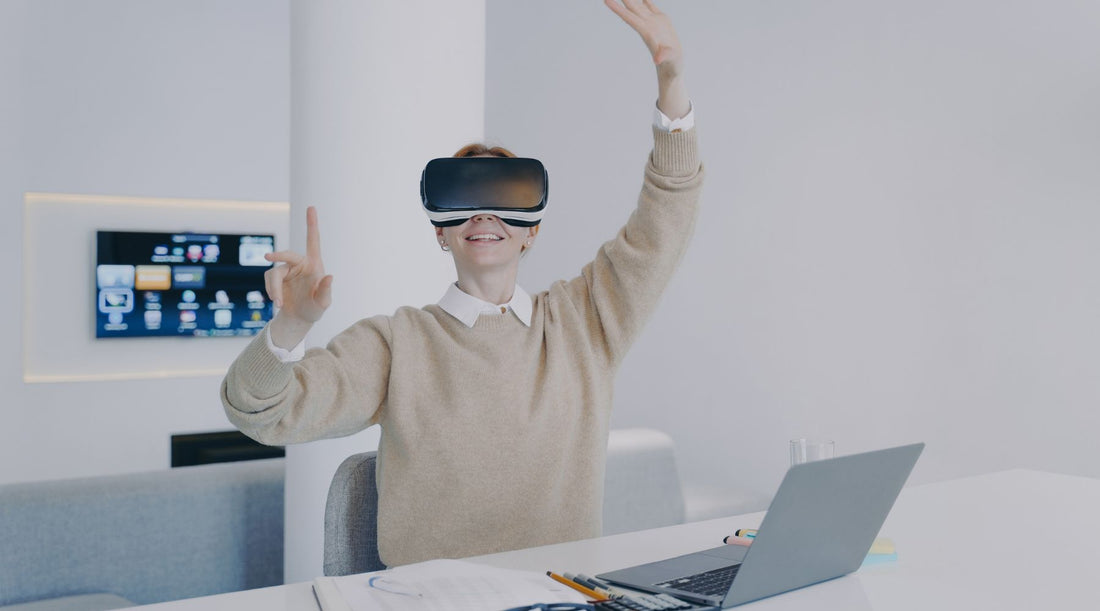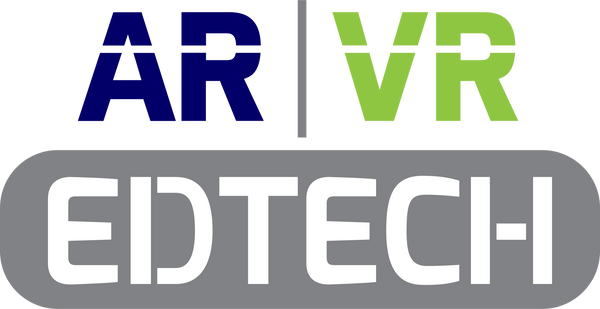
The Impact of VR on Special Education and Inclusive Learning
Share
It's impossible to ignore the significant impact that technology has had on education, and a great example of this is Virtual Reality (VR). This immersive technology is making education more accessible and inclusive, especially for students with special needs. Let's take a deep dive into how VR is reshaping special education and fostering inclusive learning.
1Understanding VR in Special Education
Virtual Reality (VR) is a technology that uses computer software to create a simulated environment, providing users with an immersive and interactive experience. In the realm of special education, VR is a game-changer, offering educators a unique tool to customize learning experiences based on the individual needs of their students.
Key Benefits of VR in Special Education
Here are some of the most impactful benefits of VR in special education:
- Customizable Learning: VR provides the ability to tailor learning experiences to each student's needs, helping them understand concepts at their own pace.
- Interactive Learning: VR is highly engaging, providing interactive and immersive experiences that can help increase student motivation and participation.
- Safe Environment: VR creates a safe and controlled environment where students can learn and practice new skills without fear of failure or judgment.
- Simulating Real-World Experiences: VR can simulate real-life scenarios, offering practical learning experiences that are not always feasible in a traditional classroom setting.
Real-world Examples of VR in Special Education
Here's how VR is being used in special education today:
- Social Skill Development: VR is used to create social scenarios, helping students with Autism Spectrum Disorder (ASD) improve their social skills and interactions.
- Sensory Processing: For students with sensory processing disorders, VR can help them acclimate to different sensory experiences in a safe and controlled manner.
- Motor Skills Improvement: VR provides an engaging platform to practice and improve motor skills and coordination, especially beneficial for students with physical disabilities.
The Future of VR in Special Education and Inclusive Learning
The potential of VR in special education is vast and promising:
- Accessibility: As VR technology becomes more affordable, it opens the door for more widespread use in classrooms and homes.
- Advanced Customization: Continued development of VR technology will allow for even more personalized and effective learning experiences.
- Research & Development: As more research is conducted on the impact of VR on learning, we can expect more innovative solutions for inclusive education.
Conclusion
VR is revolutionizing the world of special education, making learning more accessible, inclusive, and engaging for all students. As we look forward, we can anticipate even more exciting advancements in this space, contributing to a more inclusive and equitable education system.
Thank you for visiting ARVRedtech.com! Please consider signing up for our insightful newsletter. We are always looking at the latest augmented and virtual reality developments in education. If you have a product, service, or suggestion, please feel free to reach out to our team. If you liked this content, please share it with a friend!
Disclaimer: All product and company names are trademarks™ or registered® trademarks of their respective holders. Use of them does not imply any affiliation with or endorsement by them. We are not in anyway associated with Google or Google Cardboard VR. The information, resources and links on the website are provided for informational purposes only. Information is subject to change without notice.
